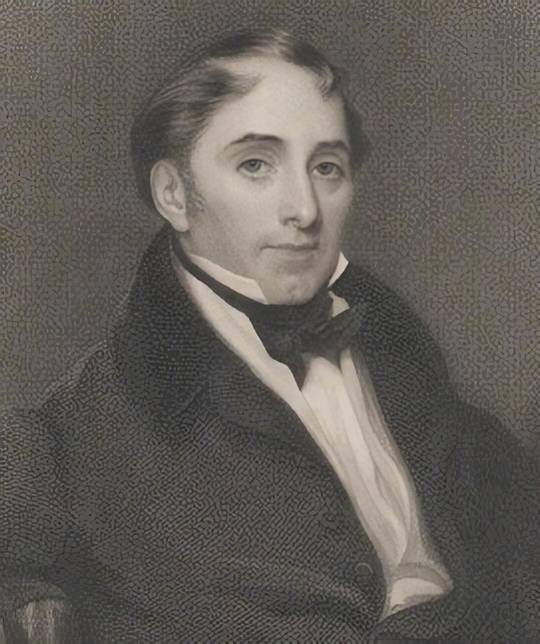John Charles Herries (1778-1855) MP for Harwich, 1823-41, and for Stamford, 1847-53. Private secretary to Vansittart, 1801-4, to Perceval, 1807-11. Succeeded Arbuthnot as Joint Secretary of the Treasury, 1823-27. Chancellor of Exchequer, September 1827-February 1828. Master of the Mint, 1828-30. President of the Board of Trade, 1830. Secretary at War, 1834-35. President of the Board of Control, 1852. Joint Leader of the House of Commons, with Disraeli and the Marquess of Granby, 1849-51.
Son of a City merchant, and nephew of the founder of Herries & Co., a private bank which survived from 1770 until it was bought by Lloyds Bank in 1893, Herries was educated at Cheam and the University of Leipzig. His father went bankrupt in 1798 but had previously made extensive contacts as Colonel of the London and Westminster Light Horse Volunteers. Herries, forced to work for a living, obtained a clerkship in the Treasury and worked his way up; in the political world he was regarded as being close to Nathan Meyer Rothschild, which came in useful on several occasions.
Herries was a solid Tory, opposed to Catholic Emancipation and, by the 1840s, a Protectionist. He was appointed Chancellor of the Exchequer by Goderich at the King’s insistence; his dispute with Huskisson in December 1827-January 1828 brought down the Goderich government. Herries’ principal importance during Liverpool’s time came during the financial crisis of 1825-26, when he acted as a valuable liaison with Rothschilds and the City of London, as well as providing a note of common sense and caution.
At the time of Herries’ appointment as President of the Board of Trade in March 1830, Mrs Arbuthnot wrote: ‘He understands all subjects of trade and finance better than anyone, is a very hard headed, shrewd man, and it seems surprising that such a man should be so utterly incapable of putting his ideas into words.’1 This defect was to make him hopelessly ineffectual as Joint Leader of the House of Commons in 1849-51; Disraeli, much more articulate, although not cleverer, ran rings round him.
[1] Ibid., p. 346.
